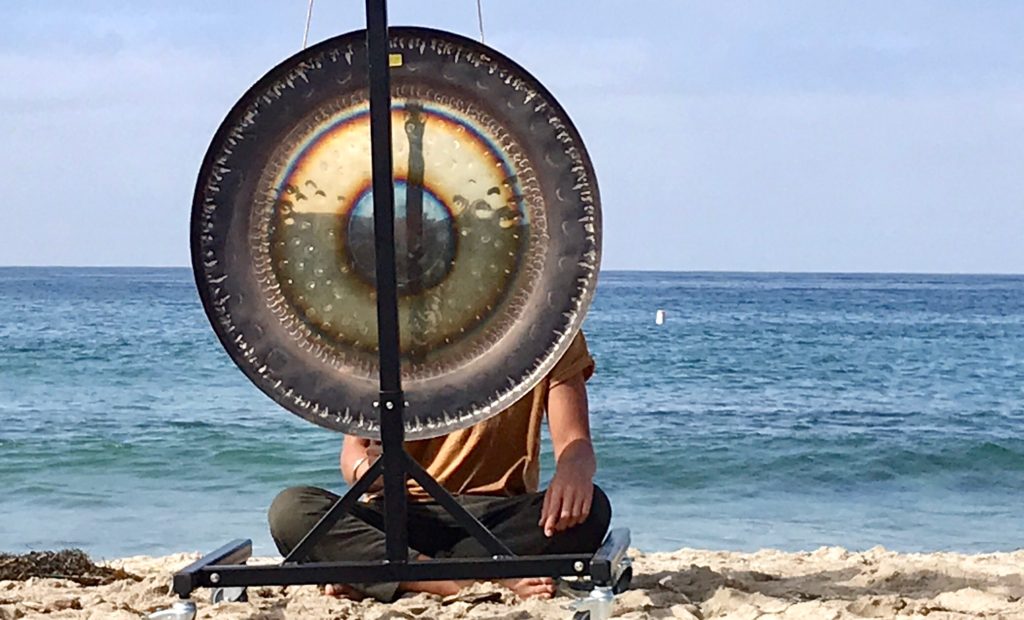An important distinction in the world of treatment is the question of therapy vs therapist: which one works? The simple answer: Both are important. First, let’s talk therapy. As I have said many times over, not all therapy is the same — and not all therapy is treatment. Some therapy simply feels good and look better. Take facials. Many will tell you that facials are treatment, and although they are less thought of in this way vs. physical therapy — you might call facials useful treatment.
That said, one therapy for mental health is said to be most effective for most people, and that is cognitive behavioral therapy. However in breaking that down, dialectical behavior therapy or DBT is an further defined approach to cognitive behavioral therapy that helps the individual reconstruct their own impaired behaviors and personalities that effect their relationships with others and themselves. EMDR is an adjunct therapy, and not necessary or useful for everyone. There are actually many types of mental health therapy that exist for trained and licensed therapists.
The truth is that you cannot stop arguments around the two terms therapy and treatment, as these are not protected terms — meaning, ice cream licking is treatment for those with problems extending their tongue — perhaps (tongue-in-cheek).
So, what is important in selecting a therapist? Consider one most selective variable, that of training in determining the degree of knowledge and experience in working with a qualified therapist to learn the application of therapeutics to the appropriate population. So what does that mean. If your teenage is to go to therapy then, it’s your responsibility to be certain that therapist and their delivery of appropriate therapy is proper. Do you have to do this — really?
No! We are here to help you with this decision by recommending only therapists and coaches either within or outside of programs who fit the bill ; meaning that their approach and choice of treatment is appropriate for the age of the client and their issues. We can also help you decide whether therapy outside of a program (ie., outpatient therapy) is the way to go, or if a program offering specialized therapy is a better choice.

How do we do this? Through assessment by a licensed educational and clinical mental health professional who is _knowledgable in working with at risk behaviors. We recommend only therapists and coaches who meet our criteria for training and experience, and are appropriate for your family member. Thank you for giving us the opportunity to help you. Our calling card are the hundreds of families, therapists, coaches, and programs we have used over four decades. Inspired to pursue perfection of providing the most beneficial options available to families in need — we are here for you! 877-571-2524 or choice the little ‘pop up’ to right side and fill in your details.
